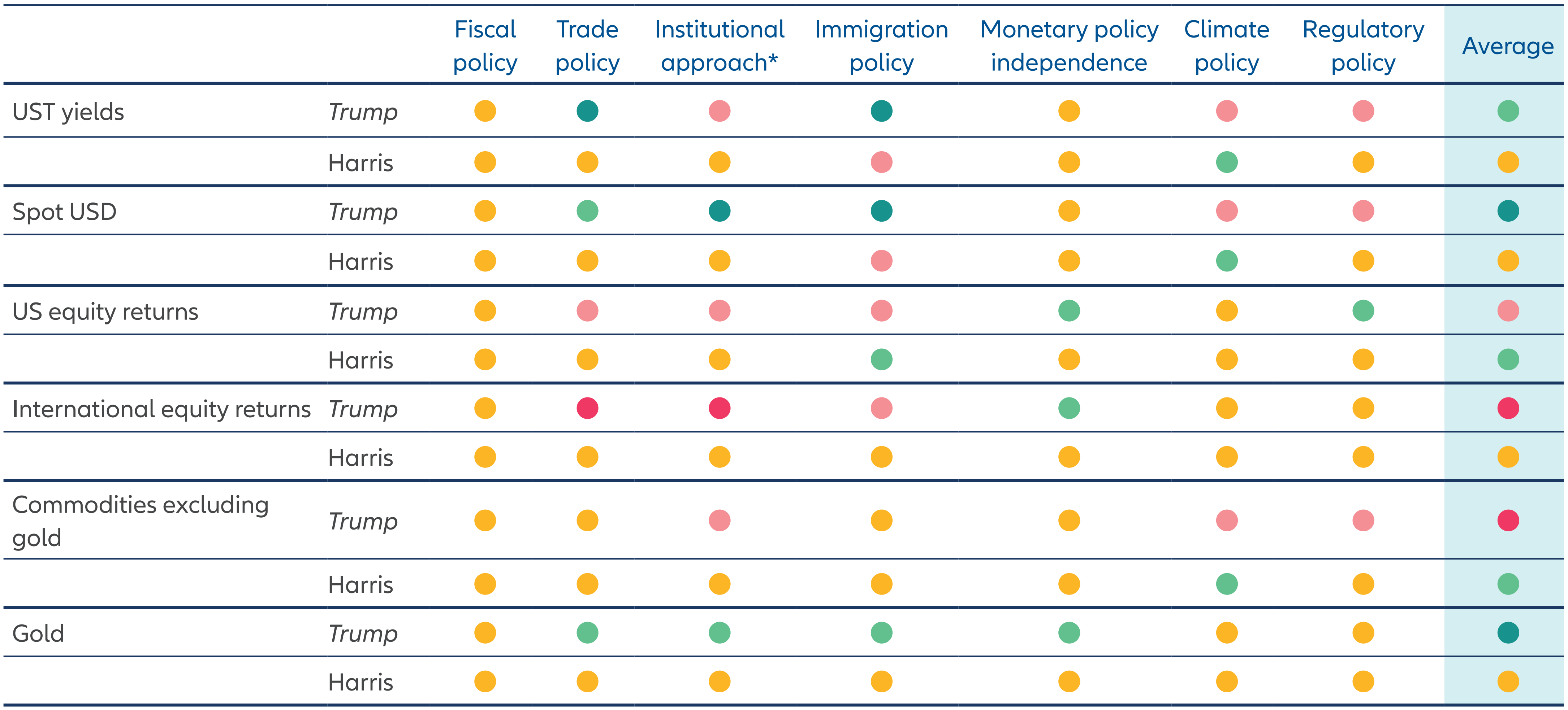Trump’s Policies Put Economy in a Downward Spiral
The repercussions of the Trump administration’s policies have been profoundly negative for America, a fact that is becoming increasingly clear to its citizens. The nation’s economic strength, which had been steadily recovering since 2022, is now shrinking for the first time. Rather than providing the solid conservative leadership that could have sustained this growth, Trump has chosen instead to implement policies grounded in his own whims and an inflexible stance on tariffs. To mask this reality, the current regime and its supporters are vehemently denying any negative impacts of these policies.
Supporters of Make America Great Again (MAGA) incessantly assert the presence of a substantial mandate for Trump’s agenda, a ‘massive’ mandate which never truly existed. The argument attempts to rationalize the radical policies of the Trump administration, but the electorate is not fooled. Trump’s approval ratings reflect the public’s growing disillusionment as they bear the brunt of one damaging policy after another.
Trump’s job approval rating is not just falling; it has hit a new low, marking the worst 100-day approval rating of any president in the past 80 years. A clear mandate would have safeguarded his approval rating from such a drastic plunge. Recent polls, however, highlight just how hollow this supposed mandate is, showing approval for Trump’s actions sits at a meager 39%.
The notion of mandates is often misused and tends to be applicable to Congress when one party holds the majority. Interestingly, Republicans do hold the congressional majority and could, theoretically, codify Trump’s controversial policies into law but instead they remain inactive. The misinterpretation of his electoral victory has led Trump and his Vice-President, JD Vance, to perceive it as an unrestricted endorsement of their beliefs by the American people.
Vance appears to be under the impression that even the slightest victory margin in a democratic election provides the winner with unrestricted authority, a dangerously flawed perception. The people did not elect Trump, expecting him to enforce his full ideological agenda on the nation. Rather, they chose him over Vice-President Kamala Harris because, at the critical moment of the election, he won their trust to execute presidential duties. It seems clear now that the choice made by the public has not lived up to their expectations.
Vance’s election viewpoint implies that the Supreme Court justices holding back President Joe Biden on his attempt to unilaterally cancel student loan debt were invalidating electoral outcomes. This perspective is clearly flawed. It falsely insinuates that any court that obstructed Biden’s compulsory vaccination campaign was opposing a voter mandate. Despite his many limitations, Trump is undoubtedly being the president we anticipated him to be.
Trump’s victory, although narrow, allowed him to take unprecedented liberties in executing his vision for America, regardless of its detrimental effects on his approval ratings or the country itself. This is exceptionally evident in his policy on tariffs, the aggressive implementation of which bears testament to his historical espousal of such measures.
Trump’s consistent advocacy for tariffs and their benefits for the American economy has not turned out as promised. Now that he is free from the constraints of seeking another electoral win and enjoying unmitigated support from Republican representatives, Trump has put his trade principles into practice. But far from boosting the economy as he claimed, his actions have proven to be damaging and outdated.
As the economy struggles and the stock market plunges, Americans will also have to prepare for rising prices on a variety of goods – an unfortunate consequence of Trump’s tariffs. Looking back, the controlled and regulated first-term Trump is something that Americans probably find more acceptable now.
In contrast, his second term in office has been marked by decisions so unpopular that they are likely to significantly hamper the prospects of Republicans in upcoming elections. One would think that Republican politicians would distance themselves from Trump’s overreach, admitting that his electoral mandate was fundamentally about not being Joe Biden or Kamala Harris.
However, instead of acknowledging this and aligning their policies accordingly, Republicans appear committed to a course of action that is not resonating with the populace. It is becoming increasingly clear that the domination of Trump’s erratic and destabilizing policies is detrimental to the future prospects of the Republican Party and, most importantly, the wellbeing of the country.

